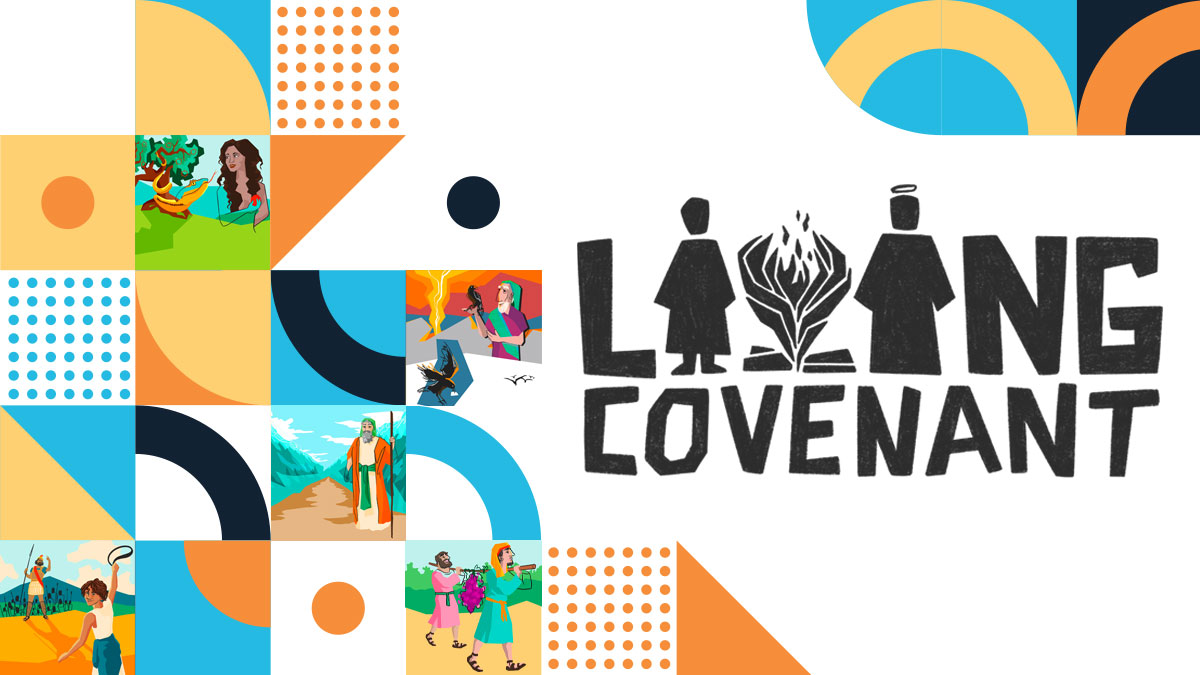I’ve always been fascinated by the characters and stories of the Old Testament. The stories found there form a rich tapestry of meaning that showcases the best and worst of the human condition and how we relate to God. And perhaps most importantly, how God relates to us. Many people wrestle with the barbarism on display in some of the Bible’s earliest stories. They find it easier to relate to Jesus, who lived and taught among humans who seem more “civilised” and brought a gospel of love and acceptance.
It’s fine to focus on Jesus. Yet we do ourselves a disservice if we ignore the Old Testament. I’ve always been drawn to the stories, the history and the characters there. Jesus Himself said He had come to “fulfil the law and the prophets”; a common shorthand way of referring to the First Testament. Revelation, the book that Adventists cherish so much, can only be understood by first grappling with Daniel and countless other OT references it makes. The gospel writers and Paul all grapple with OT meaning and stories to explain and imbue new meaning into their burgeoning Christian experience.
That’s why Adventist Record is spending the next year or so running through the third of our “Living” series. Our first entry in the series, Living 28 explored our fundamental beliefs and what difference they made when practically lived out in our lives. The next series, Living Kingdom, focused on the parables of Jesus and what it looked like to live those practically. This series, Living Covenant, will explore the lives of different Old Testament characters.
Before the promised Messiah arrived, God’s people lived in relationship with God on the strength of the promises He had made with them.
He promised the Messiah to Adam and Eve directly after the Fall. He promised a land to Abram and promised to multiply his descendants and bless the world through them. He even made a covenant with Abraham.
Covenant is not a word we use that frequently anymore and, while it has some relation to the word promise, it is stronger than that. It is more of a two-way transaction, with similarities to a contract or binding agreement. And many times, God binds Himself to His people throughout the Old Testament.
In many ways, the Torah, God’s law, is part of this contract. Deuteronomy details the blessings and the curses—terms and conditions that the people of Israel agree to.
Moses brought the law but many of the characters before and after Moses, who experienced God, did so through promises and covenants. So all the people who followed Moses lived, in some sense under the covenant that God implemented.
This series delves into the sometimes messy lives and actions of those characters who lived in the time of God’s first covenant. It will also include people like Hagar, who you could argue are outside of Israel’s covenant, and yet God makes promises to them in their own right. It may feature characters who actively work against God’s covenant (we might consider them “bad guys”), as we can still learn lessons for what not to do.
We will explore the main characters of the stories of the Old Testament and ask what they can teach us about living out our faith in relationship with God, who promises never to leave us or forsake us.
Beyond the important life lessons that we can learn from these unvarnished heroes of the Bible, this series once again gives Record the opportunity to showcase younger and more diverse writers. The strength of the first two “Living” series has been just that: the new and emerging writers we’ve found to take part. And this series will be no different.
So join us as we explore the lives of these blessedly unsanitised saints and apply the lessons they learned to our lived experiences, all with the reminder that we are living in relationship with a living God who loves and wants to live in covenant with us.






